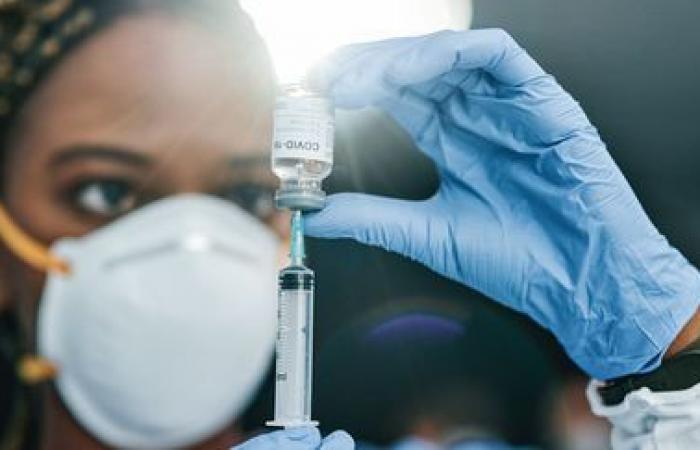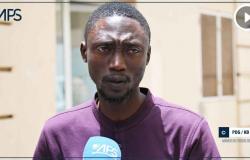For several years, Senegal has been working to create its own vaccines, aiming to guarantee its health sovereignty while targeting the international market. Currently, the Pasteur Institute of Dakar has been selected for this mission through its Madiba project. However, before marketing the vaccines, the country must reach maturity level 3 to validate its production. This requires submitting the first vaccines to the WHO for rigorous quality control.
Expectations and discussions around the imminent launch of vaccines produced in Senegal are increasing. Authorities are highlighting the Diamniadio vaccine hub, while continuing efforts to produce world-class vaccines. Senegal, although assessed under the old regulatory program, has not yet reached maturity level 3, but has received approval from the WHO to begin production. The goal is to prove that the country can produce vaccines that meet international standards.
The Director General of the Pharmaceutical Regulatory Agency, Dr. Oumou Kalsoum Ndao Ndiaye, indicated that during the WHO assessment in Dakar, seven of the nine regulatory functions obtained maturity level 3. For vaccines, Senegal is at this level, but the Pasteur Institute in Dakar must begin production of the Madiba project scheduled for the end of July, to submit new data. Due to the Institute’s production shutdown since 2019, maturity 3 is suspended.
By early 2023, Senegal had to meet 33 WHO recommendations to become a vaccine-producing country. By December 2023, only one recommendation remained, to finalize the control laboratory in partnership with the bio-vaccine laboratory. A self-assessment revealed a maturity level 3 out of the nine regulatory functions.
Experts believe that for a producing country, it is essential to free up beds of vaccines recognized for marketing. Senegal is therefore expected on this point to obtain its maturity level 3, which is crucial for the credibility of its medicines on a national and international scale.
The Madiba project of the Pasteur Institute of Dakar, recognized for the production of the yellow fever vaccine since 1937, aims to considerably increase its vaccine production capacity. Located in Diamniadio, this ‘vaccinopole’ could allow the country to produce up to 30 million doses per year against yellow fever, as well as other vaccines such as those against measles, rubella or cholera. The first productions are expected for the end of July.






